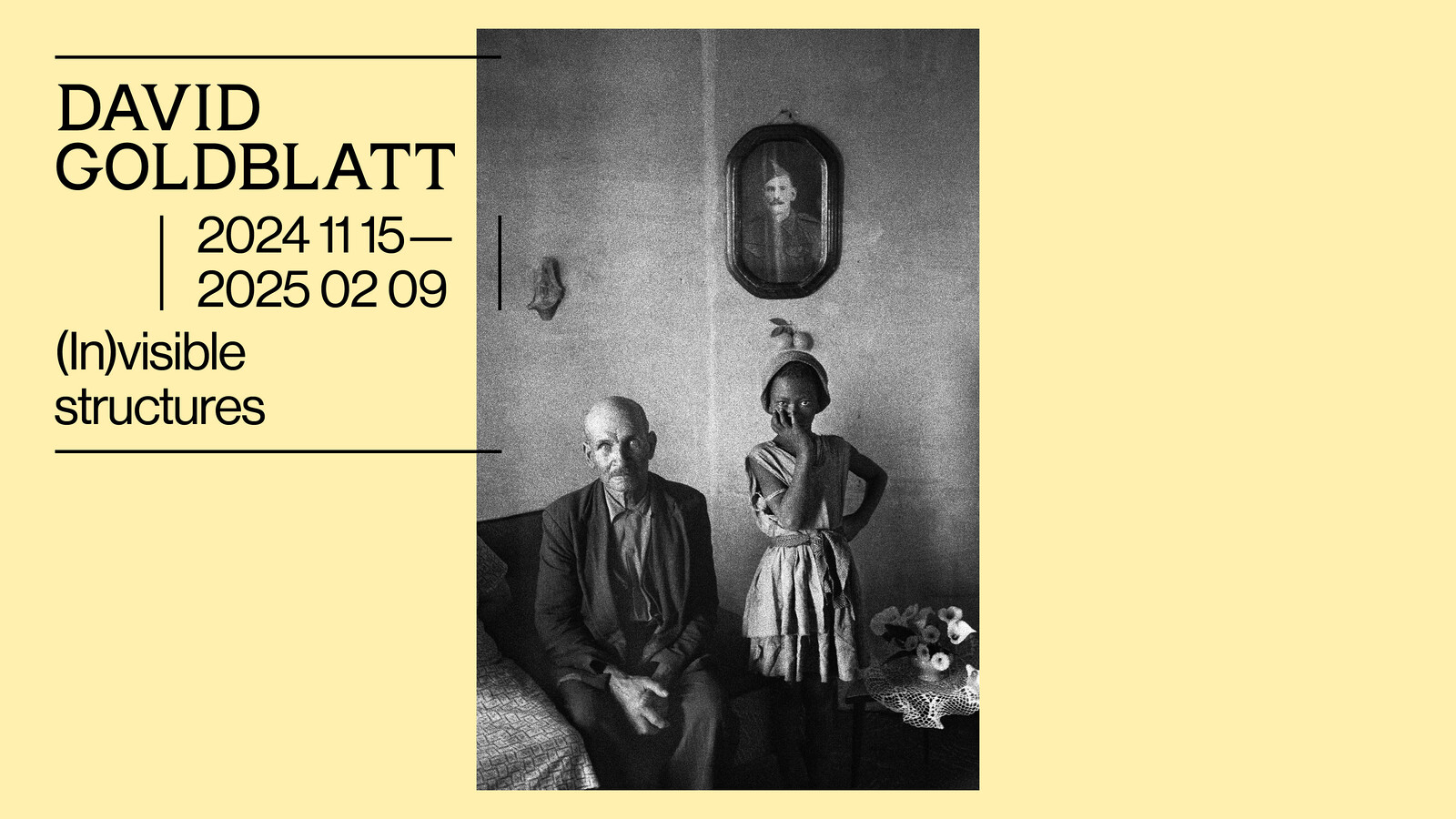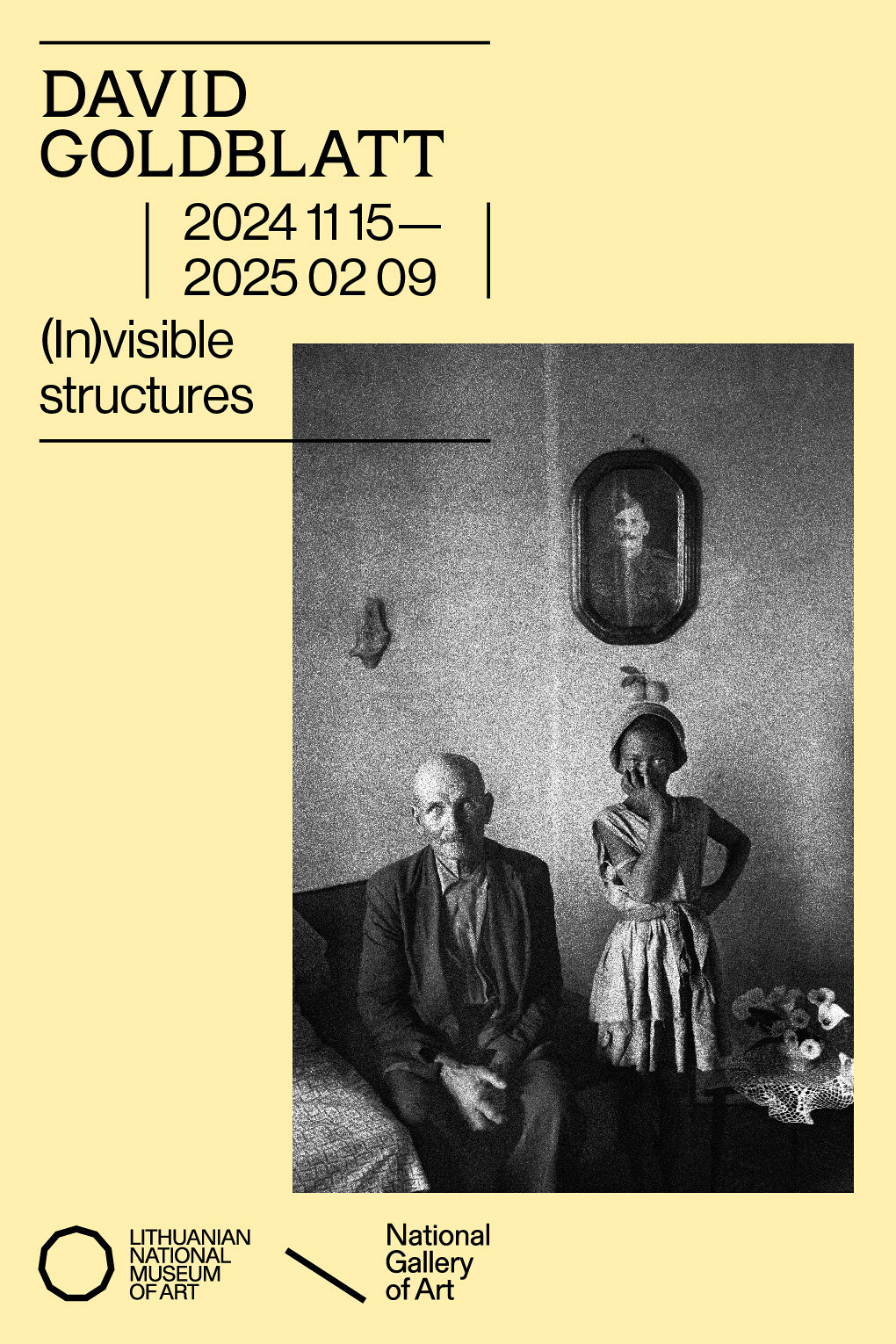“I happen to be the one reading”
–Lisa Robertson, “Time in the Codex,” Nilling
address
Speaking but tucked into a soft bag, reading but aloud and with the hand, listening but with one hand buzzing on the tea urn, writing but as a way of reaching over to the other, placing a hand on the shoulder or drawing the finger across the table. Everything I write I write for “you.” I’m imagining you in all your million soft shirts, opening the files and wheeling your cursor across the lines, cross-referencing them against the world. We’re sitting in a rough oblong and we’re passing silty coffee back and forth, wrapping or rewrapping our scarves to swaddle our glands. You’re like, yes, yes, but.
body
We have—can I say this—such a great body. Laid out like little fish, stacked up like beans. I’m so much happier when I have a dozen kidneys between us, yawning and opening, lapping in and out. This city was built for amnesia. The rain pools inside the room and we forget to patch the roof because there was no winter before this one and there will be no winter after. Some people write while smiling and mouthing the words, ecstatic like at a church organ. Some people write with their shoulder blades combing their hair, molars pinging from clutching. Some people write with their libido, led out and freaking. All the bodies (ghosts, heroes, kin) write back.
bumpy chips
“He”—the one who arranged party-sized crinkle-cut chip packets in fruit bowls.
Bureau, The
The chest, the alien, the 90s prime-time paranoia, big gov, big pharma, big lit; we’re counterrational, or unreasoning, but admin-heavy. We’re writing the background so we find the centre. Sometimes writing feels like everything else but the words themselves, the countless ways the ego gets flattened out and ribboned. If there’s a general desire for writing to give us what we want but didn’t know how to ask for, then we write against that desire, because wanting is an inadequate measure for the feeling of being impelled into difference or violence or the sublime angst of ambivalence. We arrange a mug on a surface and set out a slim booklet and a pen.
but
At the end of the sentence, a sweet excuse.
captions or citations
Captions are so social. Sometimes they make the scene, other times they make the scene a nightmare. Obviously we prefer the latter. So citations are hypersocial. We’re calling out the names that make our history bearable to live as a present or in a speech act.
care
We walk into the room. We walk onto the table. We walk into the sleeping mats. We walk out from the folded screen. We walk into the harbour. We walk into the conversation, ears shaped inwards. We walk around our own body. We walk up the stairs (thinking about our thighs). Later, we balance bumpy chips in a row on our legs, thinking back to the stairs and to each other’s electric circuitry.
fictionality
We’re basically sublimating our politics into subjects we can never meet. They carry each other’s signatures: breadfruit, polygon, archipelago, act of war, psychodrama, the ontology of a teen.
marginalia
We open the book and use one hand to hold its two halves apart, flat against the table. With the other hand we read with our fingers. I’m sketching us out—we, collected like sesame seeds in this long seam, squabble and plot in loops that follow the reading bodies.
or
Always an occasion just waiting to be actual.
sphincter
How many sphincters in our great body? Wrapped around the table, we’re a constellation of sphincters, each articulating a different microflow that makes our wet little city hum. We can’t stop imagining it: an elaborate sculpture of scrunchies, or doughnuts, or the public space of our collective digestion. No words are possible outside this constellation—each sphincter a but or an or.
x
–Astrid Lorange
This text has been commissioned to mark the release of with a body always but but still drying, a publication that brings together some short texts produced in and around The Bureau of Writing, a project facilitated by the Biennale of Sydney and Artspace, Sydney in which seven writers worked alongside artists and events associated with the 20th Biennale of Sydney, The future is already here—it’s just not evenly distributed, curated by Stephanie Rosenthal (March 18 to June 5, 2016).
Authors: Andrew Brooks, Beth Caird, Kelly Fliedner, Benjamin Forster, Astrid Lorange, Aodhan Madden, Sarah Rodigari
Design: Ella Sutherland
Small numbers of the printed publication can be found at selected outlets across Australia and in some international cities, free of charge. A PDF version is available. Further information: programs [at] biennaleofsydney.com.au
The Bureau of Writing has been assisted by the Australian Government through the Australia Council for the Arts, its arts funding and advisory body. It has been made possible through the generous support of the Keir Foundation.



